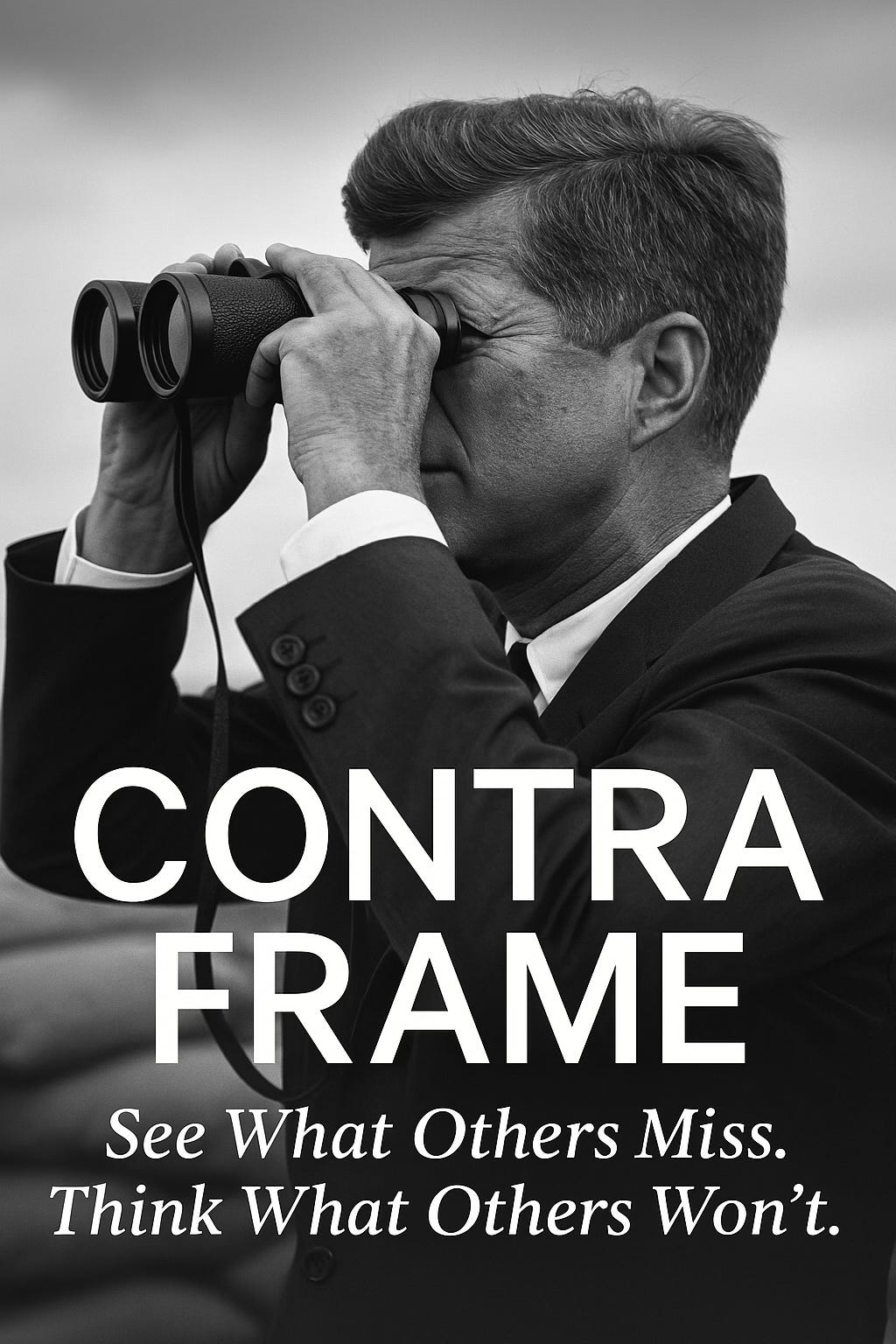Here’s the Situation
The classic American barber, the man with the striped pole, straight razor, and a chair that felt like a throne, is disappearing.
Not long ago, every neighborhood had one.
Today?
They’re being replaced by overpriced grooming chains, sterile “studios,” and algorithmic booking apps.
What used to be a ritual for men is now a commodity, or gone.
The Shift Underway
This isn’t nostalgia. It’s a system failure.
• Local barbershops, once passed from generation to generation, are being crushed by regulation, rent inflation, and real estate gentrification.
• Corporate chains are scaling “grooming experiences” and selling them as premium, erasing authenticity in the process.
• Licensing laws in many states now favor cosmetology schools and chain operations, sidelining independent barbers.
• Culture shifted. Young men now grow up without embedded male mentorship spaces. The barbershop once delivered more than a cut—it offered grounding. Now it’s just another “service.”
The Fallout & Leverage Points
Who benefits?
• Franchise owners, real estate developers, and VC-backed grooming startups.
• State bureaucracies profiting off licensing and certifications.
• A culture that treats masculinity as a branding opportunity instead of a lived tradition.
Who suffers?
• Working-class men who lose a core community anchor.
• Independent barbers who once built reputations by word of mouth, not Yelp algorithms.
• A generation of boys raised without regular interaction with stable, grounded male role models.
Where are the cracks?
• Rising dissatisfaction with soulless, over-priced haircut chains.
• A growing hunger for analog connection and physical spaces of trust.
• Niche barbershops are quietly thriving when they resist commodification and reinstate ritual.
How Will You Reorient?
If you’re leading anything—teams, culture, communities—understand what was lost here. The barbershop wasn’t just about grooming. It was orientation. It was trust. It was rhythm.
In a world overrun by speed, abstraction, and digital transactions, the real leverage may lie in places that feel real. You can’t fake a good barber. Or what he represented. But you can rebuild it. The culture’s craving it. The question is—will anyone step up?
The smartest leaders and operators recognize that what looks like a fading tradition is often a vital operating system for real-world trust, orientation, and masculine coherence. When you let that die, the cost is much higher than a bad haircut.







"But you can rebuild it. The culture’s craving it. The question is—will anyone step up?"
I think we will see - are seeing - a return of these as we increase automation and AI. People do crave these connections and entrepreneurs who can offer this human touch will find success if they orient accordingly.